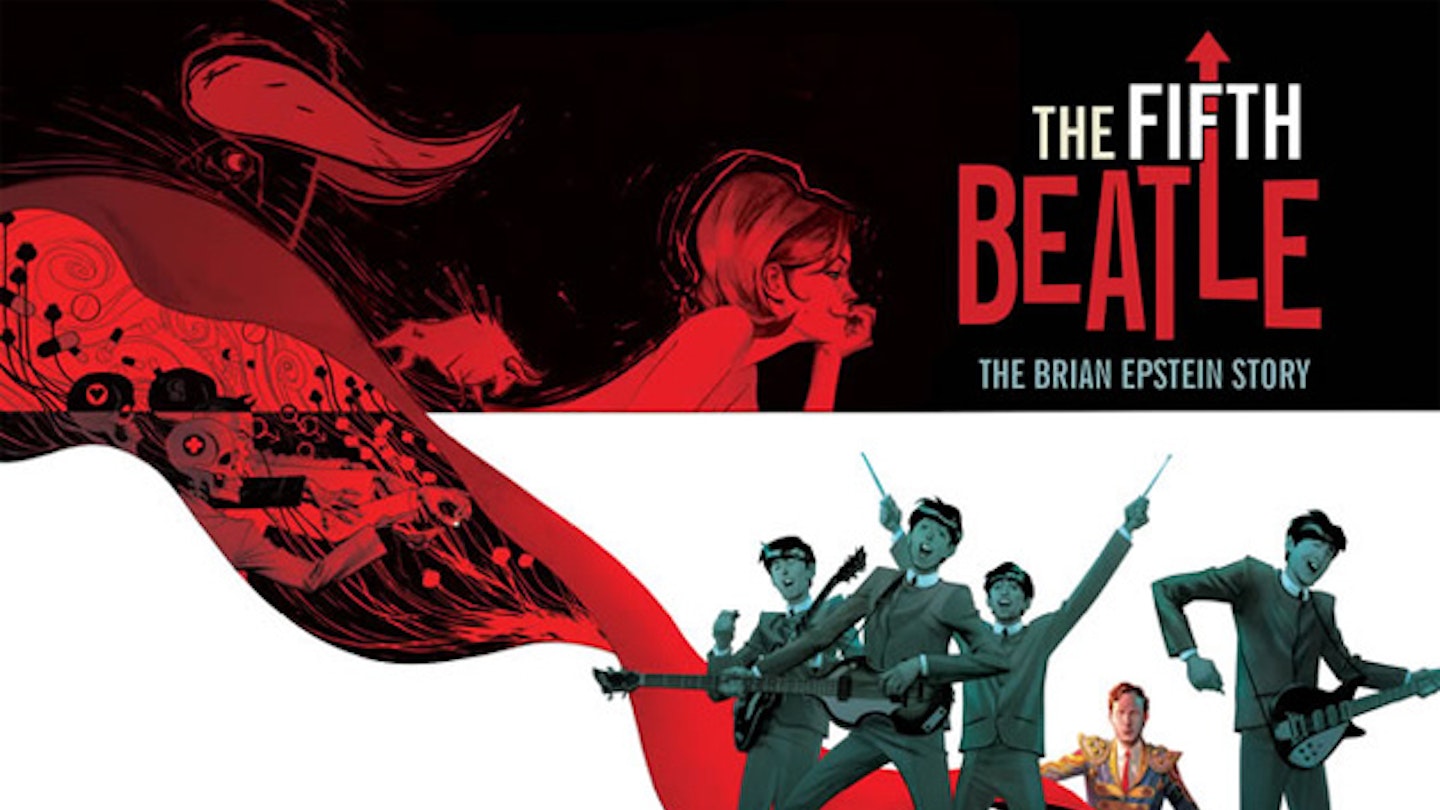Though Jim Carrey has toned down the physical characteristics that once made him famous, at a lean-framed 46 he still shows himself capable of going over a parked car and coming up off the floor as if he’s on fire with considerable aplomb in this adaptation of Danny Wallace’s bestselling book. The idea that you say yes to everything — spam emails, the religious crusaders at your front door, torrid sex with your elderly neighbour — is a neat device, and by all accounts almost did for Wallace, but it appears to have paid off handsomely for him since, so perhaps it does work? It works for Carrey’s character, too; initially that is. After attending a furiously overblown seminar hosted by the charismatic Terrence Bundley (Terence Stamp stomping flat-footed through his part the way Britney Spears now thumps across the stage), he embraces positivity and, lo and behold, everything changes for the better.
Unfortunately, the film’s initial promise dissipates soon after Allen’s life changes, as he begins dating the indomitably quirky and impossibly pretty Allison (a button-nosed Zooey Deschanel — open the dictionary, look up the word ‘kooky’ and you’ll find a photo of her there) and bonds with his boss, Norm — played by Flight Of The Conchords’ Rhys Darby, who almost steals the film with his charmingly gormless performance.
Allen takes life at full tilt, even heroically saving a suicide case at one point, and in doing so proves that positivism really does promote positivity. But after one particularly dreadful, clunking plot twist, which we must assume it took three writers to conjure up, his life — and the movie — begins to unravel like an old jumper.
Soon we’re in familiar Hollywood and Carrey territory: you have the final act to win the girl and save the day and yourself. It’s all freewheeling from there (there’s even a ‘wacky’ Carrey out of control on a motorbike sequence), and it’s so much the duller for it. Inevitably, Allen eventually discovers himself and even gets to rebuff the wife who initially broke his heart — just in case you’d missed the point that he was the victim and the good guy, and needed it nailed into your forehead.







